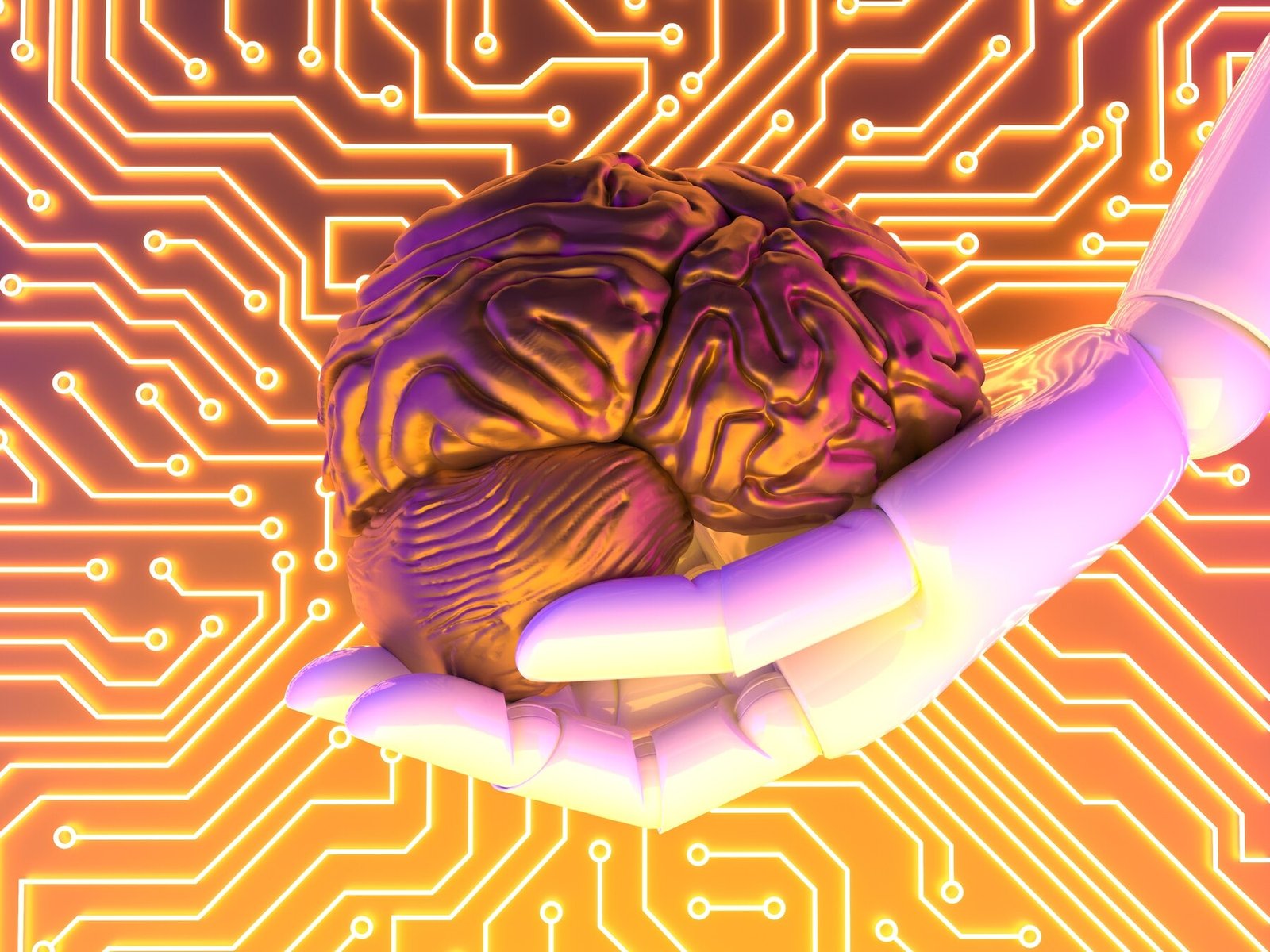
In the realm of artificial intelligence (AI), much of the focus is often placed on algorithms, models, and technological advancements. However, behind every AI system lies a human element that is equally crucial to its development and deployment. In this blog post, we’ll explore the human side of AI, highlighting the roles of ethics, diversity, and collaboration in shaping responsible AI development and deployment.
- Ethical Considerations in AI
Ethics play a central role in AI development, guiding decisions about how AI technologies are designed, deployed, and used. Ethical AI principles such as fairness, transparency, accountability, and privacy are essential for ensuring that AI systems benefit society while minimizing potential harms. Human experts, including ethicists, policymakers, and domain specialists, play a critical role in defining and upholding ethical standards in AI development and deployment, ensuring that AI technologies align with societal values and respect human rights.
- Diversity and Inclusion in AI
Diversity and inclusion are essential for creating AI technologies that reflect the needs and perspectives of diverse communities. A diverse team of AI developers, researchers, and practitioners brings a wide range of experiences, perspectives, and insights to the table, fostering creativity, innovation, and empathy in AI development. Moreover, diverse datasets and training samples are essential for building AI systems that are fair, unbiased, and representative of diverse populations. By prioritizing diversity and inclusion in AI development, we can create technologies that are more equitable, accessible, and inclusive for all.
- Collaboration Across Disciplines
AI development is inherently interdisciplinary, requiring collaboration across various fields such as computer science, cognitive psychology, ethics, sociology, and beyond. Collaboration fosters cross-pollination of ideas, expertise, and methodologies, leading to more robust and holistic AI solutions. By bringing together diverse perspectives and skill sets, interdisciplinary collaboration enables AI developers to tackle complex challenges, anticipate unintended consequences, and address societal concerns more effectively.
- Human-Centered Design
Human-centered design places the needs, preferences, and experiences of end-users at the forefront of AI development. By involving end-users in the design process through methods such as user research, co-creation workshops, and usability testing, AI developers can create technologies that are intuitive, user-friendly, and aligned with user expectations. Human-centered design principles emphasize empathy, iteration, and continuous feedback, ensuring that AI systems meet the needs of diverse stakeholders and enhance the human experience.
- Responsible Deployment and Governance
Responsible deployment and governance are essential for ensuring that AI technologies are used ethically, responsibly, and in accordance with legal and regulatory frameworks. Human oversight, accountability mechanisms, and transparency in AI deployment are critical for mitigating risks, ensuring fairness, and building trust with users and stakeholders. Moreover, ongoing monitoring, evaluation, and feedback loops are necessary for identifying and addressing ethical, social, and cultural implications of AI technologies in real-world settings.
Conclusion
While algorithms are at the heart of AI, the human side of AI development and deployment is equally vital for creating technologies that benefit society and uphold ethical standards. By prioritizing ethics, diversity, collaboration, human-centered design, and responsible deployment, we can ensure that AI technologies serve the greater good and contribute to a more equitable, inclusive, and sustainable future for all. As we continue to advance the field of AI, let us not forget the importance of the human touch in shaping the future of technology.
